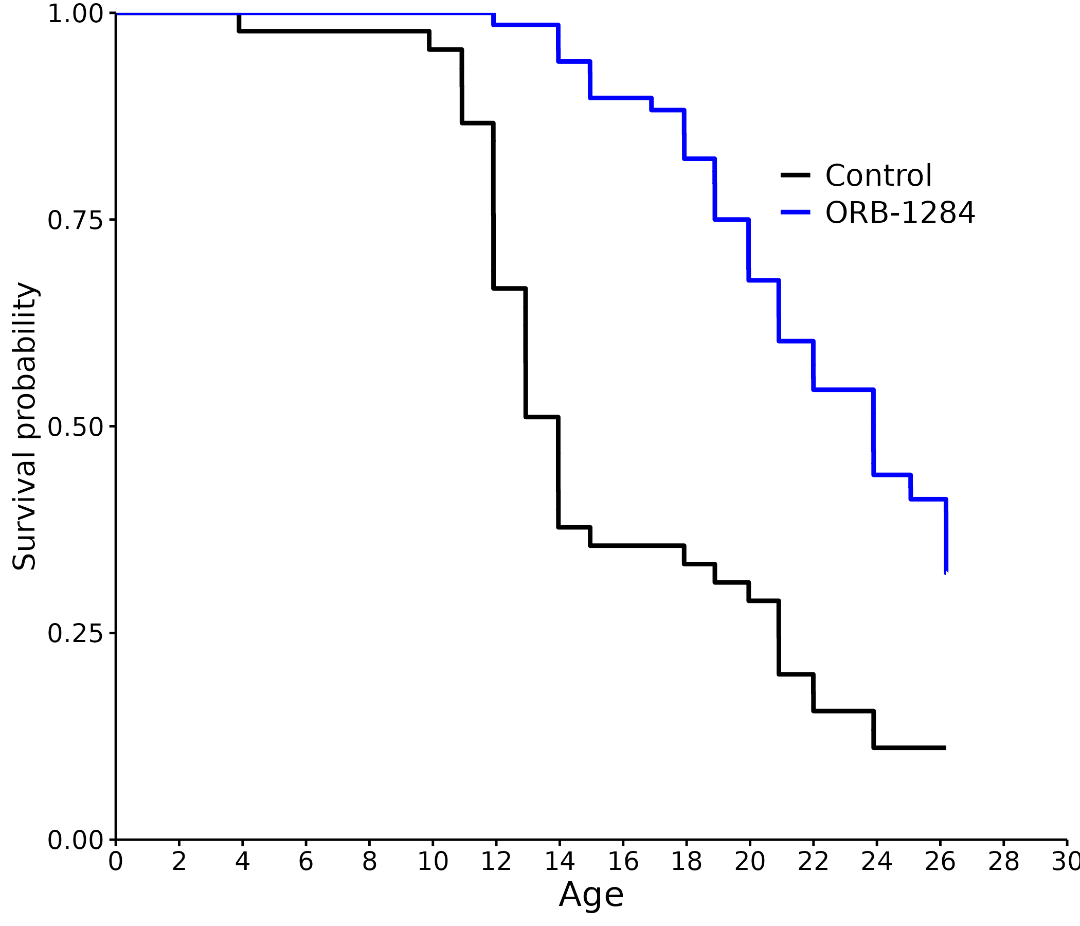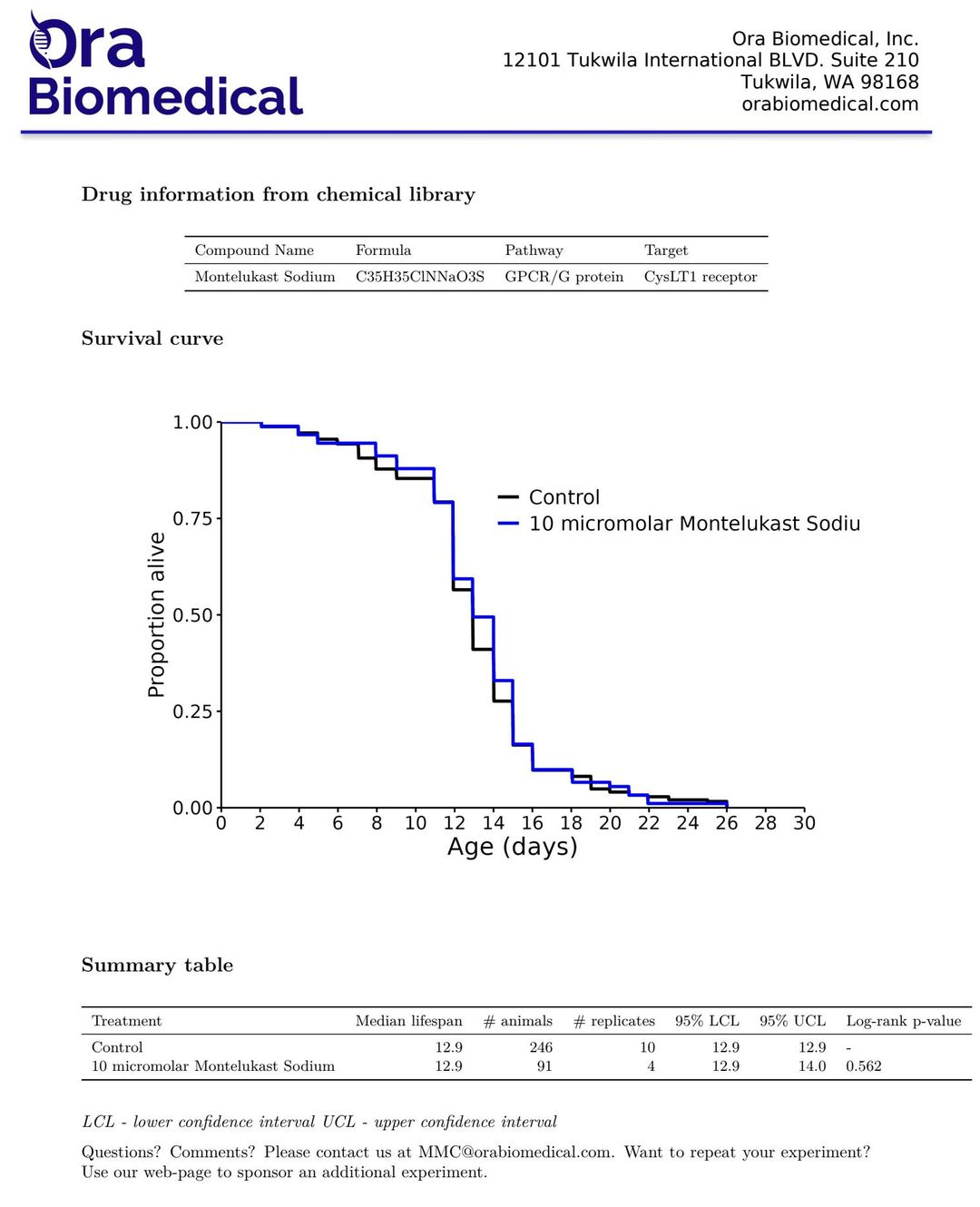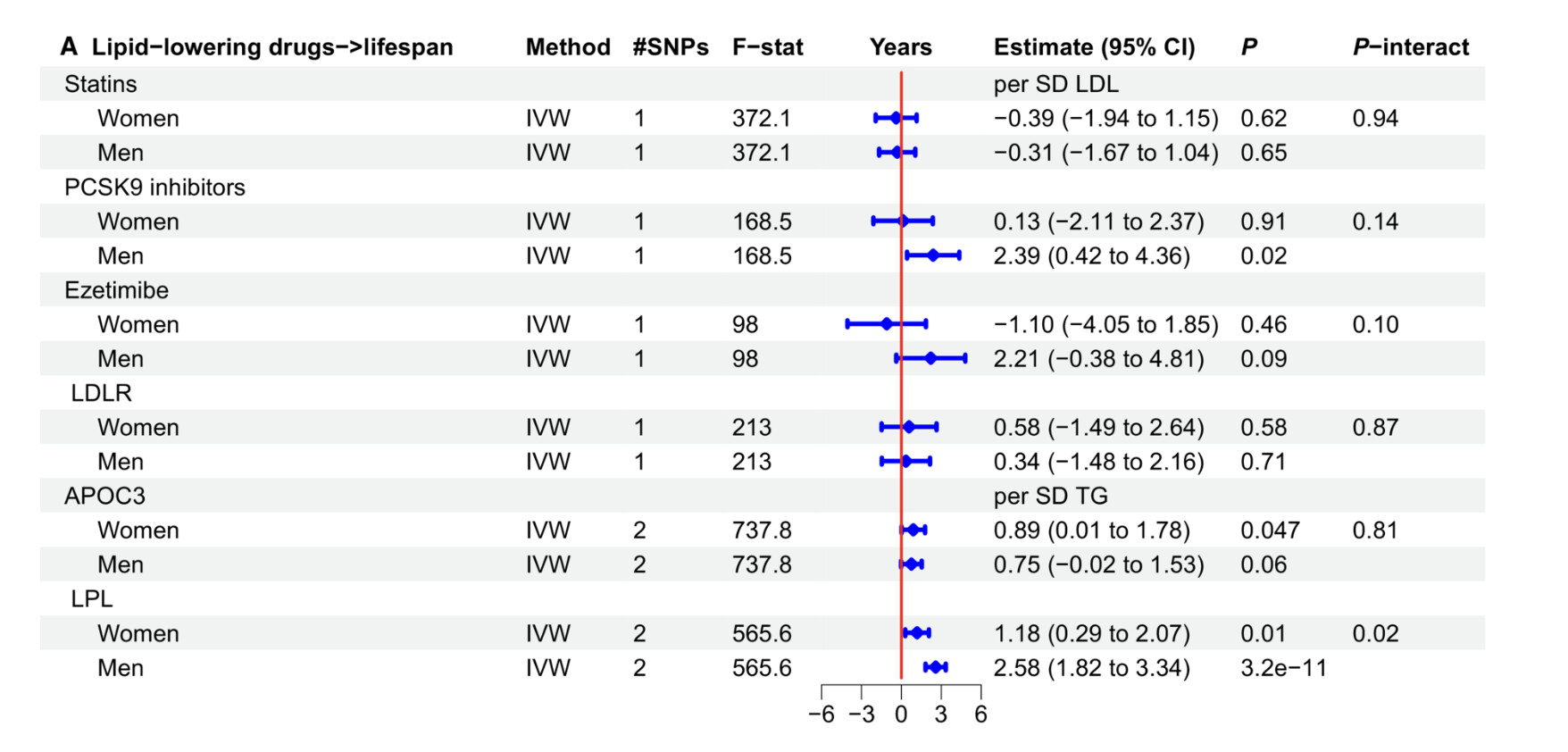I sponsored Berberine HCL yesterday, but it hasn’t showed up as sponsored yet. It was supposed to after one day. Are they having to manually edit there web page? How long has it taken you guys to see a sponsored show up? I wonder what happens if someone else picks the same one while waiting for it to update…
Where is the list of the already sponsored compounds?
Its inside the main list. They just have SPONSORED after them. I saw like 20 of them, including Berberine (non hcl). The HCL I did still isn’t showing up this morning
Here’s the latest update!
Hello Million Molecule Challenge Sponsors!
I wanted to send a quick email to thank you for your support and give you a quick update.
First, thank you for your vision and support of the Million Molecule Challenge! Longevity Medicine is on the cusp of ushering in a health revolution that will result in humans and the animals we love living the longest, healthiest lives possible. For that to happen, we first need to do the work of combing through chemical space to find the very best interventions that target aging. This is why your support of the Million Molecule Challenge is so important.
So again, on behalf of everyone at Ora Biomedical, thank you for playing a role in advancing longevity science!
We are currently putting data together for the first sponsored interventions! We are on track to start sending out sponsorship results by the end of January and have our V1 leaderboard up in February. Completing sponsored studies is occurring while we are finalizing financing to fuel our operations. Stay tuned to Ora Biomedical on social media for a big announcement on funding in the coming days! This financing, among other things, will allow us to expedite sponsored studies and return data much faster! Thank you for your patience as we move into this new chapter at Ora Biomedical.
As a token of our gratitude, I wanted to pass along a hot-off-the-WormBot result that is very exciting. Attached you will find a recent result for ORB-1284. This is a newly identified lifespan-extending compound we identified, and, in this experiment, it produced a whopping 71% increase in median lifespan relative to controls! Feel free to post this to your social media or spread the word as you see fit! And please make sure to give Ora Biomedical a shout out when you do!
I hope you are having a great start to 2024 – we are having an incredible start here at Ora Biomedical ![]()
Best wishes and stay safe,
ml
Dr. Mitchell Lee (He/Him)
CEO & Co-Founder
Ora Biomedical, Inc.
I’ve read somewhere that at the end of January they will release preliminary data and that they want to build open-access database with tests of community-sponsored drugs
But for now they didn’t release much - probably because of future patents
It looks like Ora Biomedical is starting to release results to people of their sponsored compounds. Can people please share any results here when they get them?
I’m truly hoping my results come to me next year. ![]()
This is nice! It convinced me to sponsor empagliflozin and telmisartan. We shall see…
How long did it take you two to get your results back? 3 months? They still havent marked the one i did last month as sponsored
Thanks, I wondered about this. I take it and got a bunch of it cheap from India and am using it up even though it seems like it does nothing at all. Maybe the stats say nothing happened, but it looks to me like it hurt them a little until the last few.
@Josh: I think I donated sometime in October.
@Bicep: Yeah, doesn’t look particularly optimistic for C. elegans, but what does that say for humans??
According to Dr. Kaeberlein, the thought process is that if it’s good for C. Elegans, it may be good for humans. However if it is bad for C. Elegans it’s most definitely bad for humans.
That’s why it would be amazing if they could at least release the results of compounds that failed. (while keeping private the IP on successful interventions.)
I’ve also just emailed them about adding semaglutide, selegiline and sotagliflozin to the list. Are there other interesting agents not listed?
I have had conversations with them about citrate, but they seemed to get overcomplicated about it wanting to source it from a pharma type source rather than either from me or off Ebay.
In terms of lipid-lowering treatments, which one could be interesting to test? Fenofibric acid? Rosuvastatin? Ezetimibe? (Gemfibrozil already mentioned here).
Lipid lowering treatments longevity/healthspan effect is pretty much mediated on its effect on ASCVD so I don’t think we should expect any interesting result.
I agree, but who knows? Some drugs also act on unexpected pathways…
Also, I just found this: Ezetimibe increases resistance to oxidative stress and extends lifespan mimicking dietary restriction in Caenorhabditis elegans
It’s not a great journal, but is it worth replicating?
Actually, ezetimibe might have some potential among men, even though CIs include the null, but that could be because of a lack of data?
This first MR study concerning sex‐specific effects of genetically mimicked cardiovascular medications on longevity, equating to drug use in primary prevention to enhance lifespan, found an existing lipid‐lowering drug (PCSK9 inhibitors) and 2 antihypertensives (β‐blockers and calcium channel blockers) were associated with longer lifespan, particularly in men. Potential lipid‐lowering therapy targeting APOC3, LPL, or possibly LDLR and metformin was associated with longer lifespan in both sexes, with targeting LPL possibly having a greater effect in men than women. Conversely, statins, ezetimibe, and ACE inhibitors were less clearly related to lifespan in women or men. All existing or potential lipid‐lowering therapies affected IHD risk, diabetes risk, or both as expected, except ACE inhibitors and β‐blockers. Apart from highlighting the potential for repurposing to promote longevity, our findings highlight the importance of accounting for sex in drug development and prescription.
I’d like to see them put in alpha cyclodextrin. Since it’s mice and they don’t die from heart disease it may not show any benefit, but it would be fun to see if it causes harm. It turns into short chain fatty acids on the way out whether it ties something up or not.


